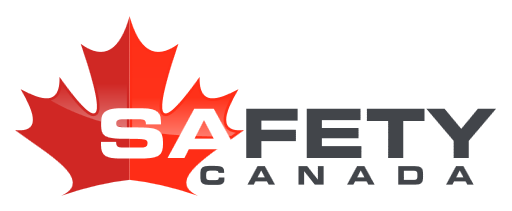Course Overview
This comprehensive Aerial Work Platform (AWP) Certification course covers all scissor, push-around, straight-stick boom, and articulating boom lifts. This course exceeds all CSA/OHS requirements for classroom operator safety training certification in all Canadian provinces and territories.
Summa Safety & Environment College courses are the highest quality online courses available today, combining high definition video with cutting edge machine animation and video demonstrations. Our course format increases learning retention while remaining entertaining and informative for students. A few questions after every chapter prepare the student for the final exam. Throughout the course students are provided with access to: elevated work platform (EWP) specific OHS requirements for every province and territory in Canada; a practical evaluation checklist; and easy-to-use instructions for evaluating operator competence on the machine.
Practical evaluation is required to complete the certification process and can be performed by a supervisor or other authorized personnel.
Aerial Work Platform (AWP) Certification Course Standards
This course was designed to meet and exceed requirements for theory and written exam training as outlined in:
- CSA standards B354.1, B354.2 and B354.4
- ANSI standards A92.3, A92.5 and A92.6


